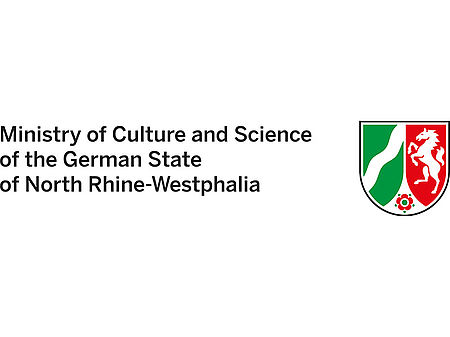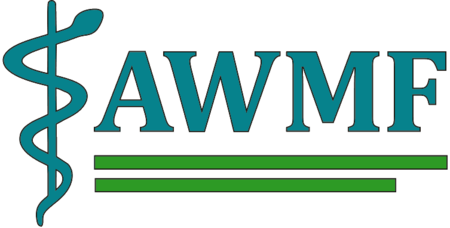News article
News
How research benefits from Web 2.0 services - ZB MED to participate in newly established Science 2.0 research group
Scientists and researchers are increasingly turning to Web 2.0 technologies, using new tools such as blogs, wikis and social networks to share their findings, data and theories with other people online. In addition, virtual research environments and open access publications are playing an ever more important role in science. “These new technologies are permanently changing the face of research,” says Ulrich Korwitz, Director of the German National Library of Medicine. “This new initiative offers us an opportunity to investigate exactly what these changes will entail.”
The participating institutions will be focusing on three key subject areas: New working habits prompted by Web 2.0, ongoing technology development and research into patterns of use. “Among other things, we‟ll be investigating how the Internet influences research and publication processes, how these processes are supported by Web 2.0 and new web-based tools, and which novel forms of science communication are actually being generated by Science 2.0,” says Korwitz.
The ZB MED is contributing to the research group‟s work through a number of different projects. The central specialist library in the fields of medicine, health, nutrition, the environment and agriculture has created the open access portal German Medical Science, a platform which offers free access to high-ranking and quality-reviewed specialist medical articles. The open access portal eyeMoviePedia publishes video recordings of eye surgery on the Internet which are accessible to everyone. And the goal of the HemaView project is to use a specialist software package to make microscope results available in a digitized format over the Internet through a virtual working environment for haematologists. “Our projects are examples of how Science 2.0 is already changing the day-to-day realities of research work,” says Korwitz.
Background information: Participating institutions
German Institute for International Educational Research (DIPF)
German Institute for Economic Research (DIW)
German National Library of Medicine (ZB MED)
Georg Eckert Institute for International Textbook Research
Herder Institute for Historical Research on East Central Europe
Institute for the German Language (IDS)
Leibniz Institute for Science and Mathematics Education (IPN)
Kiel Institute for the World Economy
Leibniz Information Centre for Economics
Leibniz Institute for Regional Development and Structural Planning (IRS)
Leibniz Institute for the Social Sciences
Leibniz Institute for Psychology Information (ZPID)
Museum für Naturkunde (Natural History Museum)
German Socio-Economic Panel Study (SOEP) at the German Institute for Economic Research in Berlin German National Library of Science and Technology (TIB), Hannover
Media Center, Dresden University of Technology
Alexander von Humboldt Institute for Internet and Society
Interdisciplinary Research Initiative "Web Research", Darmstadt University of Technology
Department of Information Science, Heinrich Heine University, Düsseldorf
Department of Computer Science at Kiel University
Department of Media Computer Science at the University of Passau
Institute for Information Systems, Freiberg University of Mining and Technology
Department of Computer Science, Mathematics and Natural Sciences at Leipzig University of Applied Sciences (HTWK Leipzig)
Wikimedia Deutschland e.V.





